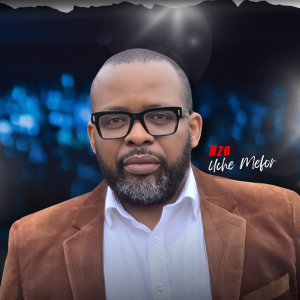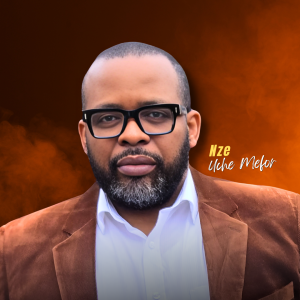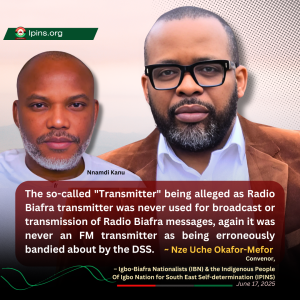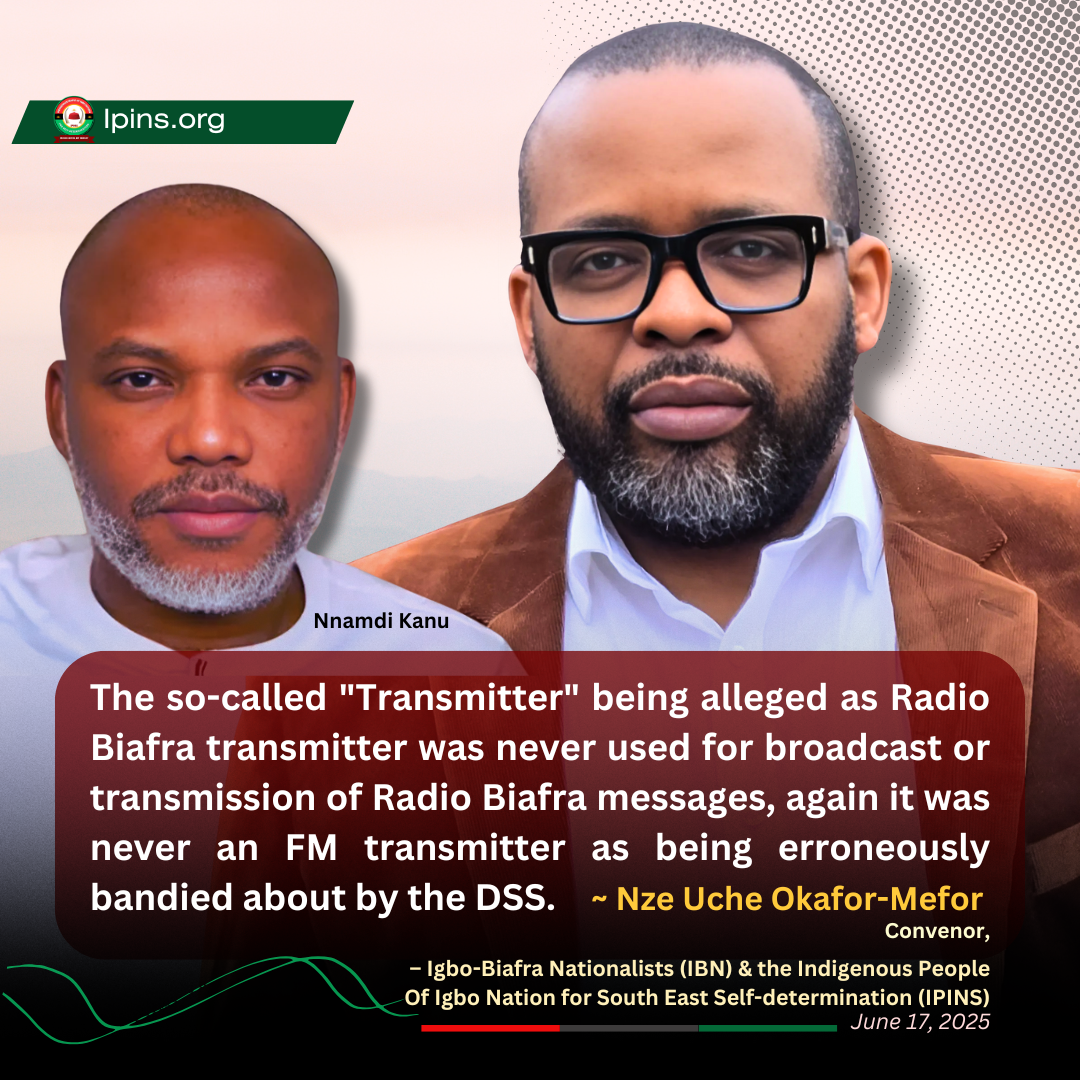
By Edoziuno Chukwunonso
In a damning revelation that casts further doubt on the credibility of the prosecution against detained IPOB-ESN leader Nnamdi Kanu, his former deputy who Nnamdi Kanu mindlessly betrayed, blackmailed and lied against, Nze Uche Okafor-Mefor, has exposed a major factual inaccuracy in the Department of State Services (DSS) claim about a seized transmitter.
The DSS, in the ongoing case against Kanu, alleged that a so-called “FM transmitter” seized during Kanu’s controversial capture in Kenya in 2021 was used to incite violence via Radio Biafra broadcasts. According to the DSS, this transmitter was instrumental in airing messages that allegedly led to the killing of both security operatives and civilians.
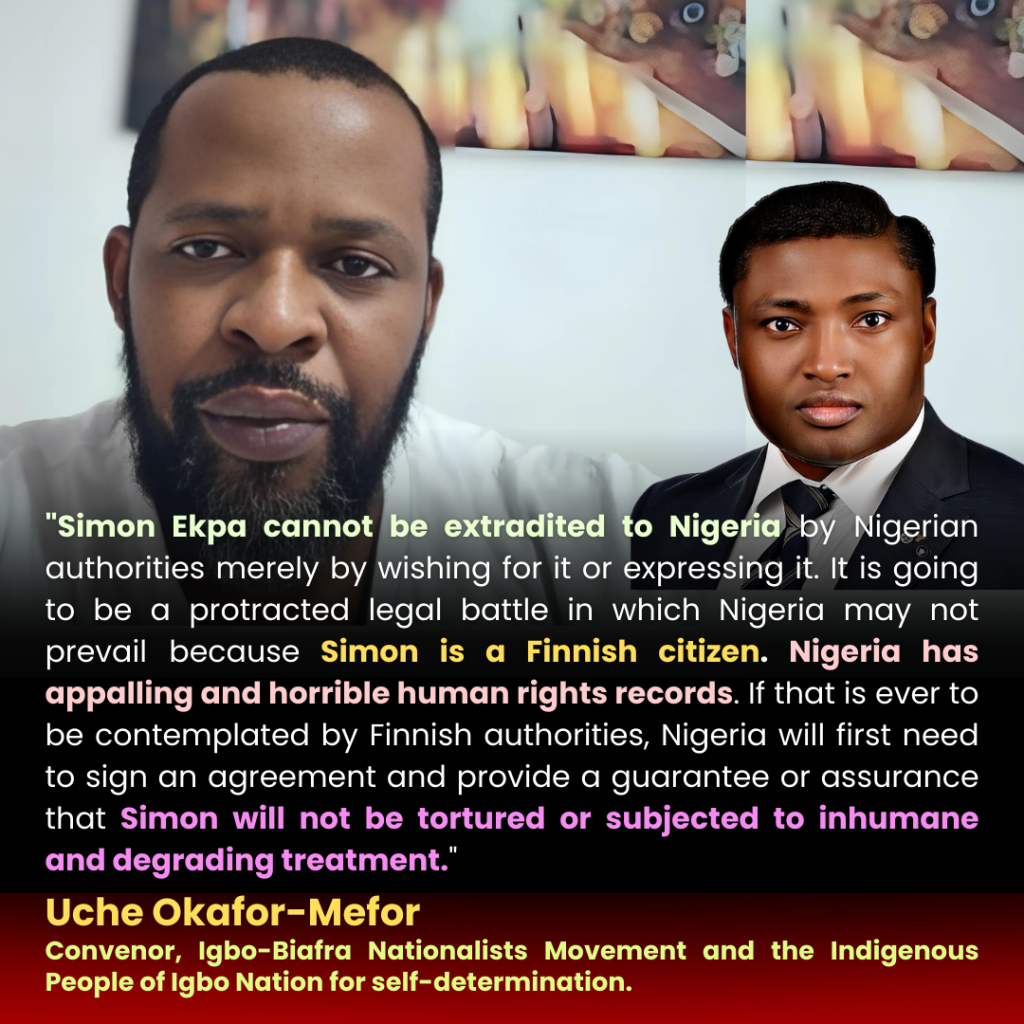
But Nze Uche Okafor-Mefor—former deputy to Kanu and now the Convener of the Igbo-Biafra Nationalists (IBN) and the Indigenous People of Igbo Nation for South East Self-determination (IPINS)—has flatly denied the DSS’s claims in a recent public statement.
“The so-called ‘transmitter’ being alleged as Radio Biafra transmitter was never used for broadcast or transmission of Radio Biafra messages. Again, it was never an FM transmitter as being erroneously bandied about by the DSS,” Mefor clarified.
He further explained that the equipment in question was a shortwave (SW) model—not FM—and was never activated or used for broadcasting before it was confiscated by the DSS (formerly known as the SSS under earlier administrations).
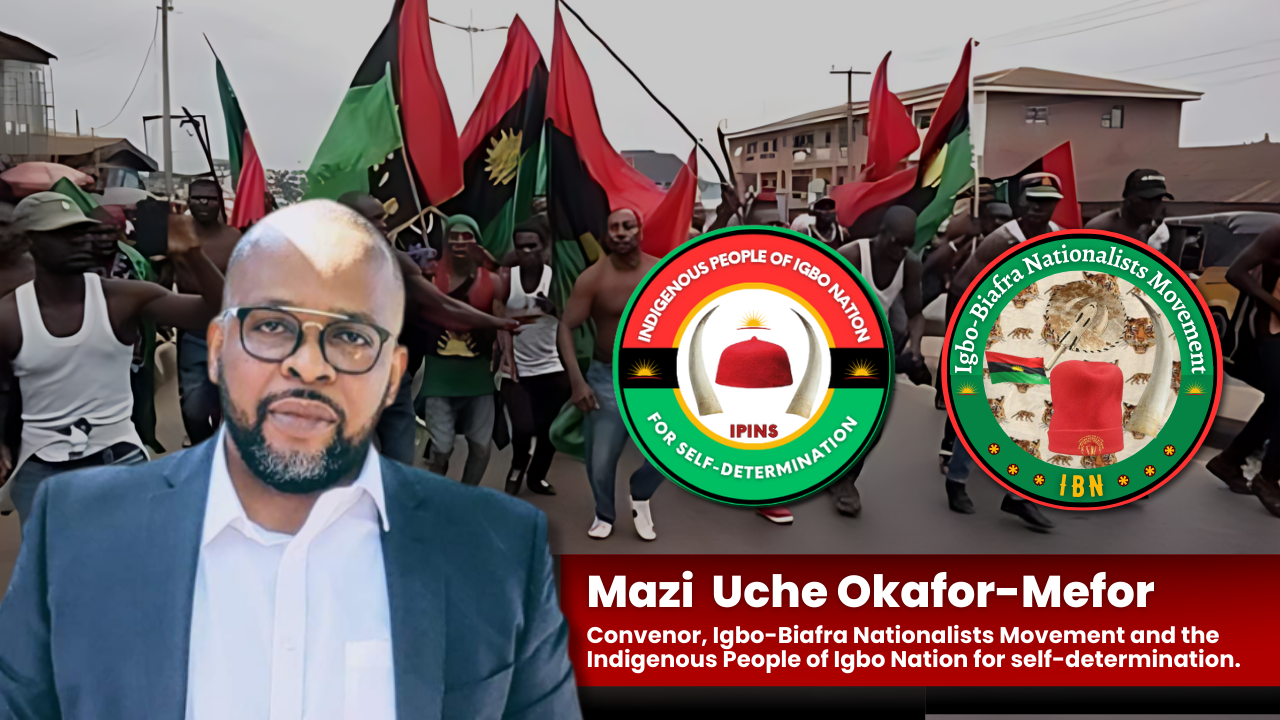
“Maybe it would have eventually been used if not confiscated… but the fact is that it was never used,” he added, stressing that he was privy to this information during his time in leadership alongside Kanu.
This revelation could be a serious setback to the federal government’s case, which hinges in part on proving that Kanu actively used illegal communication equipment to incite unrest in the South-East. Legal experts say the lack of technical clarity and false claims could weaken the prosecution’s narrative.
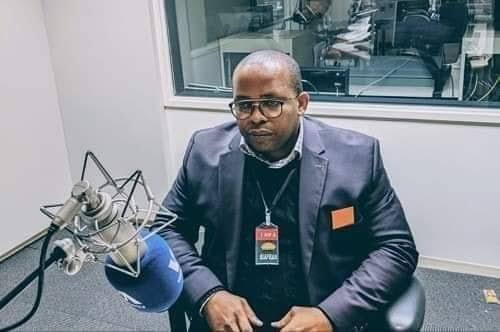
Mefor, who has since distanced himself from Kanu and condemned the violence of the Eastern Security Network (ESN), emphasized that “detesting Kanu’s actions does not mean tolerating falsehoods” in a criminal prosecution. He warned that “for he who asserts must prove beyond reasonable doubt”, referencing a key principle of criminal law.
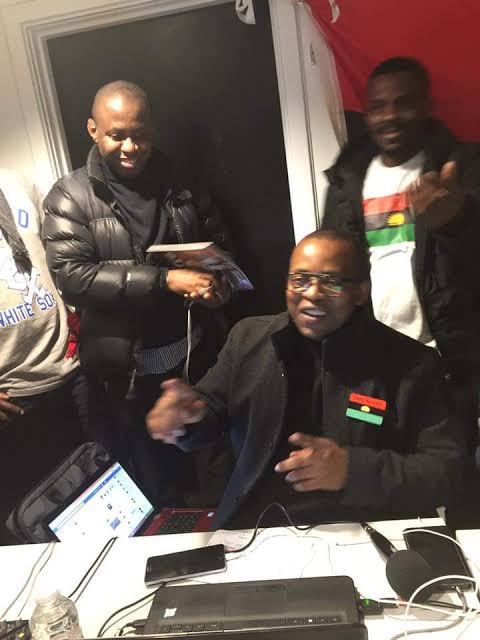
He also pointed out a critical legal flaw in the DSS position:
“They can as well argue that it was imported illegally, but how can you hold Nnamdi to account when his name was not used for the importation? That is another own goal for the DSS and the Attorney-General of the Federation,” he stated.

This public intervention by Nze Uche Okafor-Mefor underscores the longstanding internal divisions among Biafra agitators and reveals how political vendettas may be distorting the legal process.
The Igbo-Biafra Nationalists (IBN) and IPINS have reiterated their call for peaceful and democratic self-determination, rejecting both the alleged state-sponsored propaganda and the reckless methods of the so-called ESN.
As the legal drama continues to unfold, one thing is certain: truth remains the first casualty in politically driven prosecutions.

